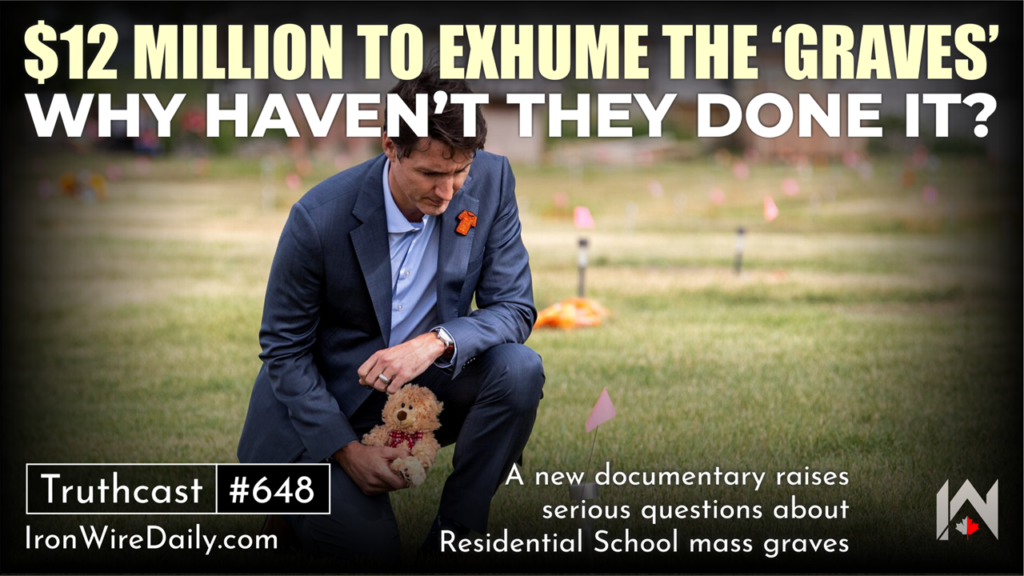Another Nail in the EV Coffin

Matthew Lynn’s latest column in Telegraph has flagged up a WhatCar? survey that reveals EVs are the most likely to leave you stranded by the roadside. He summarises the survey’s main findings:
Exclusive What Car? research shows that electric vehicles (EVs) suffer more breakdowns than diesel, hybrid or petrol models, and that EVs are the least likely to be fixed at the roadside.
What Car? asked 29,967 car owners about their breakdown experiences over the past two years as part of the most recent What Car? Reliability Survey, conducted in association with MotorEasy.
Overall, 11% of survey participants said their car had broken down in the past two years, but the breakdown rate for EV owners was 16.8%, the highest of all fuel types. In contrast, 10.7% of petrol-powered cars needed to be recovered, 14% of hybrids broke down and 15% of diesel vehicles.
Lynn is excoriating in his judgement of EVs:
They will save the planet, they are quieter, they will rebuild local industries, and they even come with attractive tax breaks. Rewind a couple of years, and there were plenty of reasons for buying a shiny new Tesla or Polestar electric vehicle instead of an old-fashioned, high-pollution, petrol or diesel car.
And yet, one by one, all those arguments have been punctured. They won’t help the environment as much as we think, they are mostly made in China, the tax breaks are gone, and now we learn that they are more likely to break down as well.
Along with higher insurance costs, EVs are rapidly being exposed as the expensive choice:
The faults on EV’s were less likely to be something that could be fixed on the side of the road by an emergency repair service, meaning that motorists were less likely to be able to complete their journey, and might have to pay for an expensive towing service as well.
And of course, if something does go wrong it will probably cost more to fix, with surveys suggesting that EVs cost 30% to 50% more to repair than petrol cars, while replacing the tyres if you get a puncture will be pricey as well, with each one, according to one survey, costing £77 more on average than traditional vehicles.
How much longer can the government keep up the pressure to buy an EV?
One by one, all the arguments for owning an EV have been falling apart. It turns out that they cost more to run. The tax breaks are gradually being withdrawn; as of this year, they are no longer exempt from road tax, and from Christmas they will have to start paying the congestion charge in London, and probably very soon in other major cities as well.
On top of all that, they are handing the auto industry to China, destroying one of Europe’s major industries, and given the environmental impact of the manufacturing process, and all the minerals that go into them, they might not even be better for the environment either.
Worth reading in full.
As far as this Sceptics correspondent is concerned, EVs wouldn’t have any problem on the market if they were a) more reliable, b) better quality, c) cheaper in every way to run and d) had longer ranges than petrol and diesel cars. Since they fall down on every measure, the only thing left is the dubious moral argument and anyone who thinks that can ever function as the primary determining and decisive factor in a commercial context must be insane. Which is why of course the whole farce has been dependent on, as Lynn says, “state-planning at its very worst. It set arbitrary targets, lavished subsidies and tax breaks on an industry, only to withdraw them when they became too expensive.”
Your Sceptics correspondent would also like to report that a retired friend of his with a very good pension has fallen for the EV trap. Deciding her 13 year-old ICE car was “too old to be trusted” she has not only gone out and bought an EV but also an £1,100 home charger connection. She intends only to use the car for local journeys, say for 2,000 miles per annum (an absolute maximum). £1,100 for the charger alone is equivalent to the cost of 182 gallons of petrol. Set against, say, her old 40 mpg it will take her nearly four years alone to recover the cost of the home charger connection, to say nothing of the cost of the electricity and the cost and depreciation of her new EV. If she uses the new car for less than that, it’ll take even longer.
No doubt, the happy buyer of her ICE car can look forward to 15 years or more of happy and cheap (and reliable!) motoring, with most of the depreciation taken care of.













